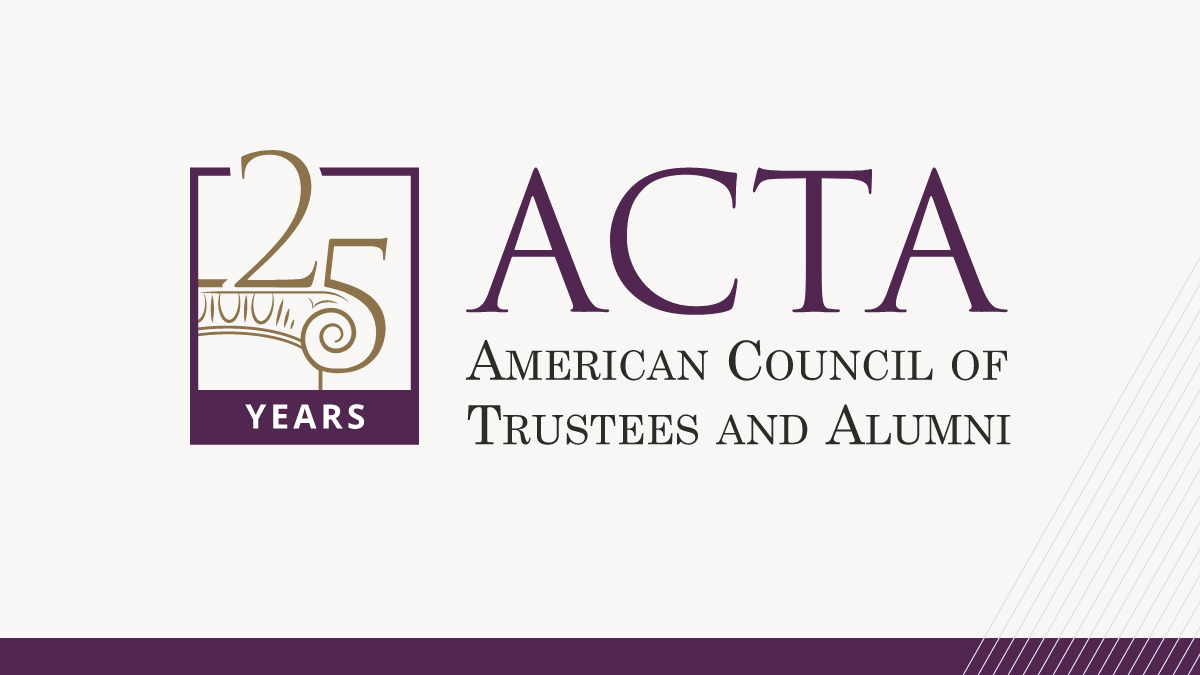With uncertain enrollment numbers and precarious state budgets, America’s colleges and universities face a steep financial crisis in the coming years. And as countless families continue to struggle to stay afloat through illness, unemployment, and general economic uncertainty, higher education’s typical failsafe for making up for shortfalls—the annual tuition increase—may not be a reliable option anymore.
In the last 30 years, the average annual cost of tuition has nearly tripled in price nationwide. In the five-year period ending in 2016–2017, Mississippi’s public institutions saw a 20% growth in tuition and required fees. In a similar period ending in 2011–2012, tuition at Florida’s four-year institutions rose by an average of 52.5%. Even more shocking, the University of California System increased costs by 32% in 2009 alone!
Boards of trustees almost always have the final say on tuition. And individual trustees rarely dissent publicly from board decisions. Numerous studies by the American Council of Trustees and Alumni have shown that public university boards routinely vote on hundreds of items throughout the year—including tuition hikes—with virtually all votes being unanimous. For instance, from May 2017 to June 2019, roughly 500 votes were recorded during meetings of the board of trustees of Mississippi State Institutions of Higher Learning, the body that governs the state’s eight public universities. Only three of the votes were not unanimous.
But that tide may be changing. Although the University of Michigan Board of Regents recently approved a budget proposal that included a 1.9% increase to both tuition and room and board costs (effectively adding $290 and $966, respectively, to the annual bill of in-state and out-of-state undergraduates), it did not come without steep resistance from within. The board initially rejected the proposal by a 4-4 vote and only approved it with a narrow (by governing board standards) margin of 5-2, but only after changes were made to protect students with great financial need, essentially freezing their tuition and raising it for the university’s wealthiest students.
“I remain steadfast in believing raising tuition . . . is dead wrong,” said Denise Ilitch, one of the two dissenting regents. Both board members cited concerns of further burdening students during this unpredictable moment when campus services are already compromised. Regent Shauna Ryder Diggs remarked, “I believe this period in our history isn’t the time for a tuition increase. I feel that students who don’t qualify for student aid will be caught in the middle. I think we should use the multiple levers [we have] to mitigate the impact.”
Other state schools such as Michigan State University, Central Michigan University, and Wayne State University have chosen to freeze tuition for the upcoming academic year, highlighting how fragile the economic climate is. The dissent of the University of Michigan’s regents sends the critical message that institutional leadership must take a candid look at what these financial decisions are costing their students.
Christina Zack is a Program Associate for Trustee & Government Affairs at ACTA
